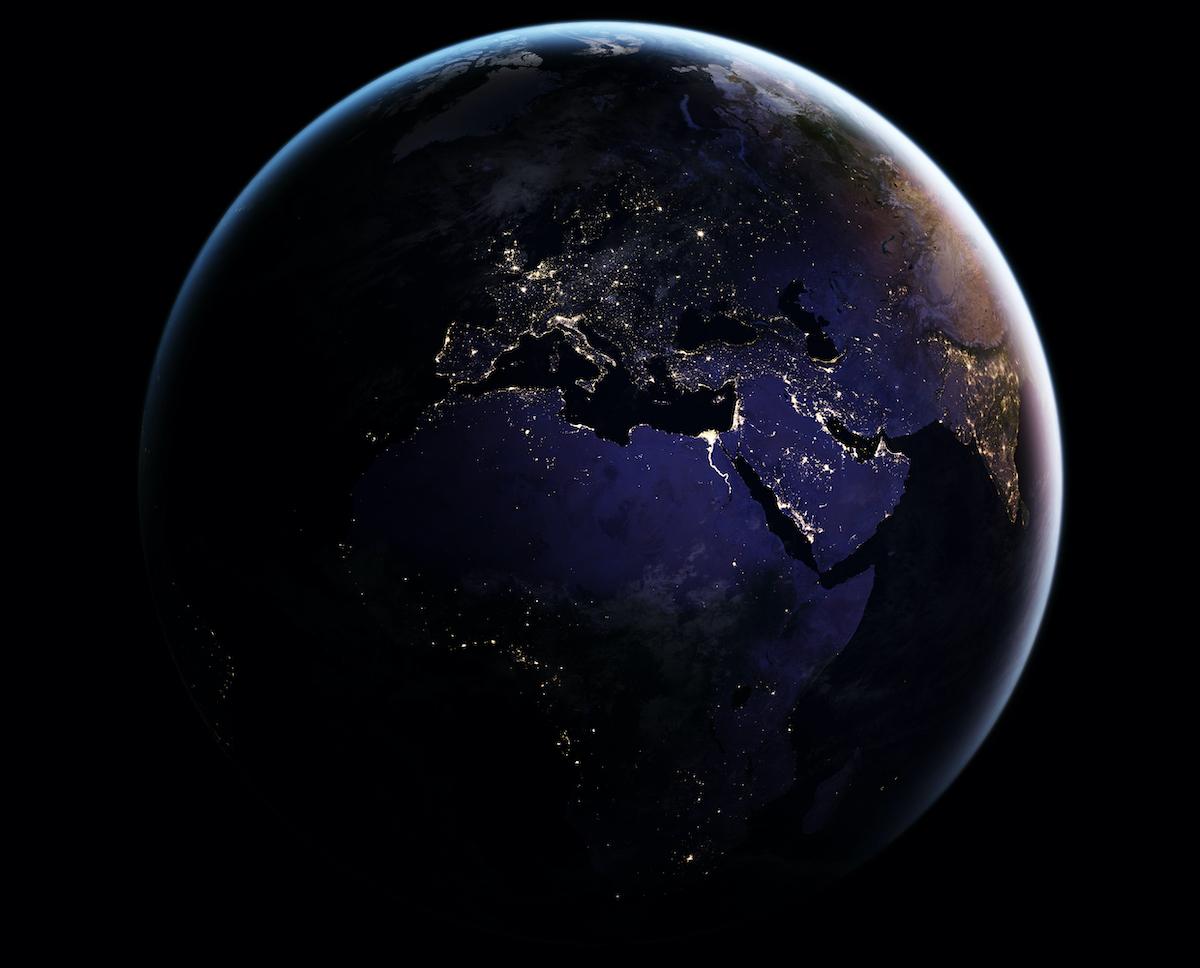Amazon, Starlink and One Web are leading the race to flood the orbit of satellites that offer internet to the whole world.
The race for internet satellites: Who will win?
At the end of July, Amazon got approval from the Federal Communications Commission (FCC) of the United States. It already has the green light to launch its Kuiper project and launch its 3,326 satellites into space, but it is not the only one with this goal in mind.
Other companies such as OneWeb and Starlink are also in this unprecedented competition. Competition that at the moment is not very close and leads Elon Musk’s Starlink which has already launched more than 300, but whose target is 42,000 satellites.
It is followed by OneWeb although far behind, the startup had launched some 74 satellites into space when in March it had to declare bankruptcy. Thus, a project that sought to put more than 600 satellites into orbit and that would be accompanied by more than 40 ground stations to allow direct communication with them was vanished.
While OneWeb focuses on keeping the 74 satellites it already has in space operational and finding more funding to continue the project, it is Amazon’s turn. Jeff Bezos’s company has yet to detail many aspects of the project, but approval from the FCC was the boost they needed.
Its objective is that of the 3,236 satellites, 784 satellites are at a height of 590 kilometers, 1,296 to 610 kilometers and 1,156 satellites are located at 630 kilometers. This last figure has attracted attention because it is much lower than that proposed by Elon Musk’s project, Starlink.
The area coverage may be better than 5G
With all those satellites, Amazon aims to offer coverage to 95% of the earth in the long term. However, there are still many unsolved unknowns in the Amazon project, such as what will be the rocket that will take them to that height, it may be one of Blue Origin, another Bezos company. While they are still looking for candidates for some of the jobs that are needed in this project and for which they are going to invest up to 10 billion dollars.
“There are still too many places where broadband access is not reliable or does not exist at all. Kuiper will change that, “explains Dave Limp, Amazon’s senior vice president. Internet access will initially be offered through third parties, although Amazon may want to offer the service directly and use it in its new cloud computing service.
Bringing the internet to a large part of the planet is also the goal of Starlink, one of the most famous in this new space race. It is not only known for being one of Elon Musk’s many companies, but because its satellites have been the protagonists of a great controversy. The construction of these satellites includes large solar panels that are reflecting sunlight back to Earth and astronomers have shouted in the sky warning that they could be brighter than some stars and this would hinder studies on space and observation. of the night sky that so many of us love.
There is no harm that does not come, while Elon Musk assures that it is not a problem, many people have become fond of following the satellites of their company through space, there is even a tool with which to know when it is going to pass through above your house and be able to see them.
But this is not the only problem, the increase of satellites in the Earth’s orbit creates the possibility that we turn the Earth’s orbit into a terrible space garbage as we are doing in some regions of the planet. That is why the FCC asks companies to indicate in their reports what would happen to these satellites once their useful life expires and they stop working.





